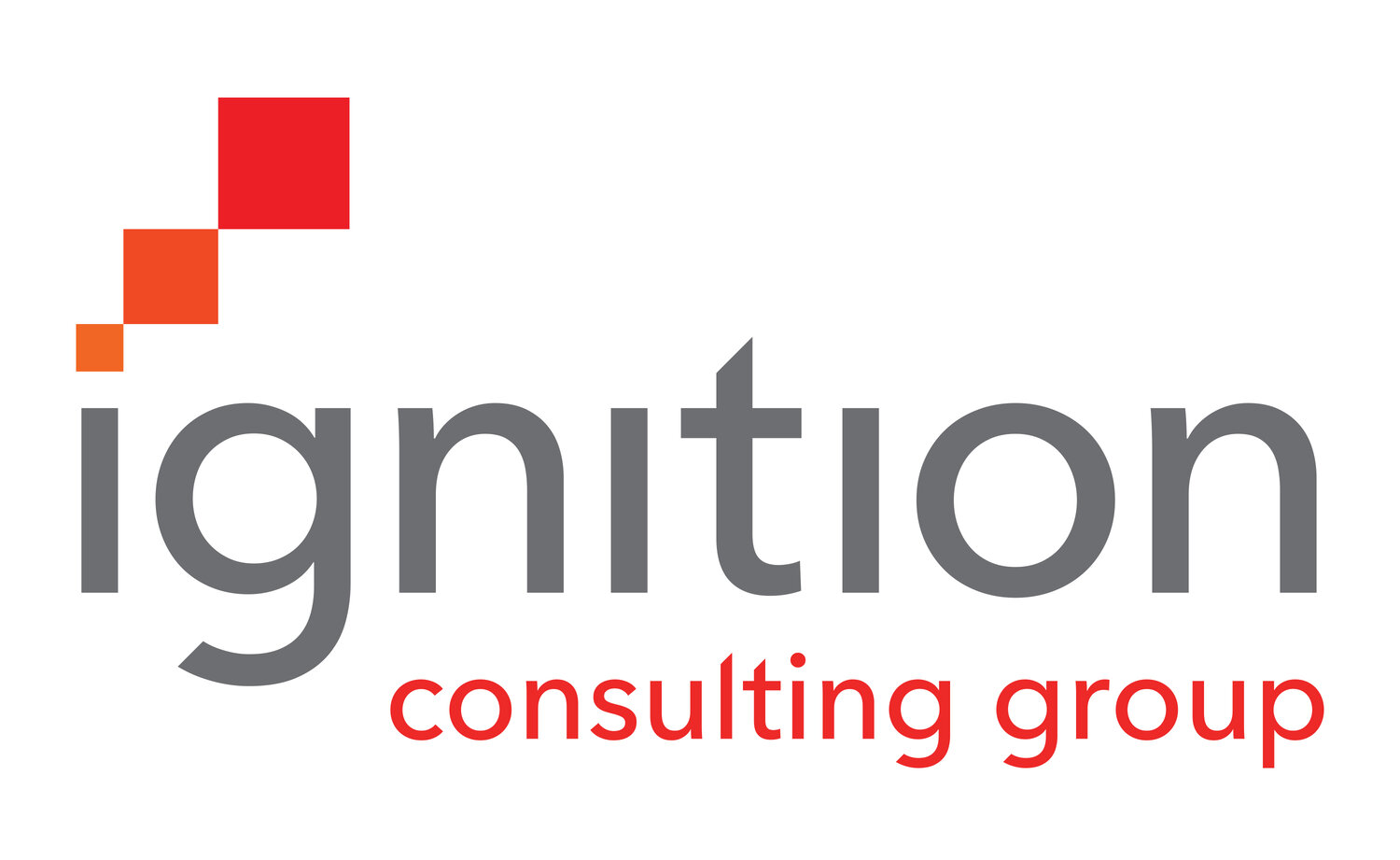“Featuritis” is Infecting the Agency Business
By Tim Williams
Can the same kind of "feature fatigue" made famous by over-engineered electronic devices apply just as well to a professional services firm? Absolutely, and it produces largely the same effects.
Driven by new engineering innovations, the majority of manufacturers continue to add more and more features to their products without adequately evaluating their utility to the end user. This phenomenon manifests itself in the automotive world as car dashboards that rival the Starship Enterprise. Washing machines now provide so many options that users fret about the consequences of choosing the wrong setting for an expensive new pair of jeans.
“Featuritis” is infecting businesses of all types — from consumer package goods to professional services — and the counterintuitive consequence is that business growth is stalled in almost every sector.
Too much choice
The negative effects of oversupply of choice are well documented. Psychologist Barry Schwartz in his work on "The Paradox of Choice" argues that while autonomy and freedom of choice are critical to our well-being as humans, having too much choice can create immense anxiety, particularly in our role as buyers of products and services. We experience this phenomenon not only as shoppers, but in our selection of business partners.
Grocery stores have discovered that offering fewer choices of jam, for example, can actually improve overall jam sales in the store. Its counterintuitive, to be sure, but limiting choices helps lessen the anxiety buyers have about making the "right choice," even in a category as trivial as fruit preserves.
Subtraction beats addition
Based on the theories of design espoused by Steve Jobs and Apple's long-time design director Jonathan Ives, Apple not only resists adding features to its products, it actively tries to subtract features. Today's MacBooks may be more powerful on the inside, but on the outside they have fewer ports and plugs than their predecessors. The iPhone has lost it’s “home” button, and the latest iterations of the Apple mouse have no visible buttons at all.
Procter & Gamble is another company that continually prunes its products. A few years ago, P&G, one of the world's largest marketers, sold or discontinued half of their brands so they can focus on the ones that generate the great majority of their revenues and profits.
Software executive Anshu Sharma argues that technology companies have their own version of unwise diversification. Drawing on the concept of a technology stack, he calls this kind of overreach "The Stack Fallacy."™ Sharma argues that the human tendency is to overvalue what we currently know and do, believing we can easily add more "stacks" (product layers) in order to break into new markets. But for most companies, this means venturing well beyond their core competencies -- territory that's marked much more by failure than success.
Your firm can do something, but not everything
Asking a product, service or company to do more than just a few things well usually is a recipe for disappointment if not disaster. When the new “multi-mission” F-35 jet fighter joined the fleet of the U.S. Air Force, headlines in the business press illustrated the point: "Pentagon's Big Budget F-35 Fighter Can't Turn, Can't Climb, Can't Run." Early critiques of America's new joint strike fighter were that the Pentagon tacked on so many requirements to this aircraft that it struggles to perform any of them as well as the multiple specialized aircraft the F-35 was designed to replace.
The deeply ingrained belief that more is better and that more choice attracts more business means that most organizations pay some form of a "complexity tax" -- the expenses related to the resources required to build and maintain a "wide variety," "complete line," or "total solution." Wall Street analysts actually attach what they call a “diversification discount” to companies that spread themselves across many different categories, discounting the stock by as much as 12%, because they know that generally the more diversified the company, the less profitable it is.
Complexity in business is for amateurs. Professionals understand that strategy is not about making plans, but making choices. It's not just about articulating what you are, but rather what you're not.
As creative thinking pioneer Edward de Bono once observed, “There seems to be many people making things more complex, but very few people trying to make them simpler.”



